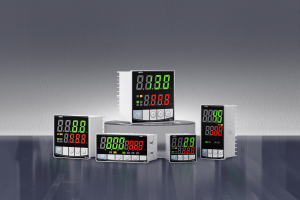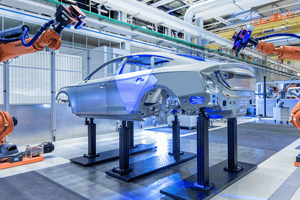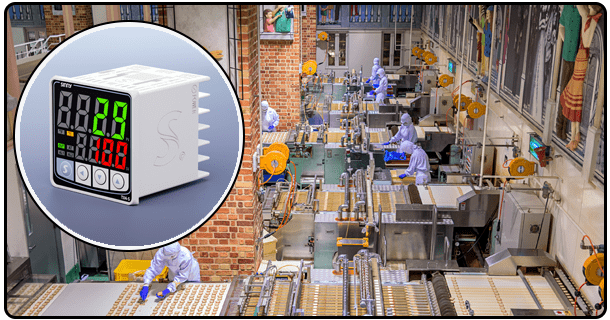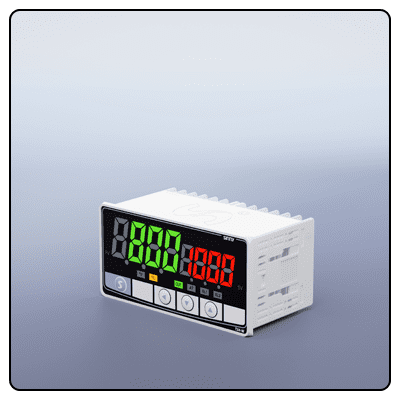What Does The Term Temperature Control Refer To?
Discover the critical role of temperature control in maintaining life's balance and industrial precision. Learn how it shapes processes, preserves quality, and ensures comfort in our daily lives.
1. Temperature Control: The Essence
Temperature regulation is integral to both natural and artificial environments, from industrial processes to biological ones. Temperature control refers to maintaining the desired temperature range in any room, substance or system; this ensures optimal comfort or conditions for certain processes.
Biological Thermoregulation
Temperature control in biological contexts is vital to survival. Humans and mammals depend on thermoregulation to maintain a constant internal temperature regardless of variations in the external environment. The hypothalamus is an involuntary thermostat in our bodies; its tiny region acts like a thermostat by activating physiological responses such as sweating to cool off or shaking to generate heat, providing crucial life support in various climates and enabling functionality.
2. Technical Systems Components and Their Implications
Temperature control in technical systems is achieved using various components, such as thermostats and refrigeration units. These play a vital role in keeping workers productive while protecting sensitive equipment. For instance, in data centres, optimal temperatures are essential to avoid servers overheating, which could cause system failures or data loss.
3. Different kinds of temperature control mechanisms
Temperature control can be accomplished in various ways.
* On/Off Control: This option is the simplest method; the system switches on or off based on temperature thresholds.
* Proportional control : adjusts to heat or cool device output based on differences between desired and actual temperatures.
* PID control: PID uses an advanced algorithm to anticipate future temperature deviations and make necessary adjustments to reduce errors.
4. Applications Across Industries
Temperature control serves many uses. Industrial settings rely on it to maintain precise temperatures during manufacturing processes such as plastic or metal moulding; scientific researchers rely on precise temperatures in conducting their experiments reliably; HVAC systems use temperature-control systems to keep homes and offices comfortable, while temperature-control systems ensure comfort for residents and office employees.
Temperature Control Issues and Solutions
Temperature control is an established technology, yet it still presents unique challenges. Accuracy may be difficult to maintain in environments subject to rapid changes. Energy efficiency must also be considered; systems should balance maintaining temperatures with minimal power consumption, and advanced control systems must respond dynamically to weather variations.
5. Future Temperature Control Solutions in Mind
Temperature regulation holds great promise for innovation shortly. Technological advancements will create smarter systems capable of adapting and learning from their environment, with sensors communicating seamlessly to allow temperature regulation without human involvement. Furthermore, as our planet becomes more eco-conscious, temperature control systems must evolve to reduce their carbon footprint.
Related product links























